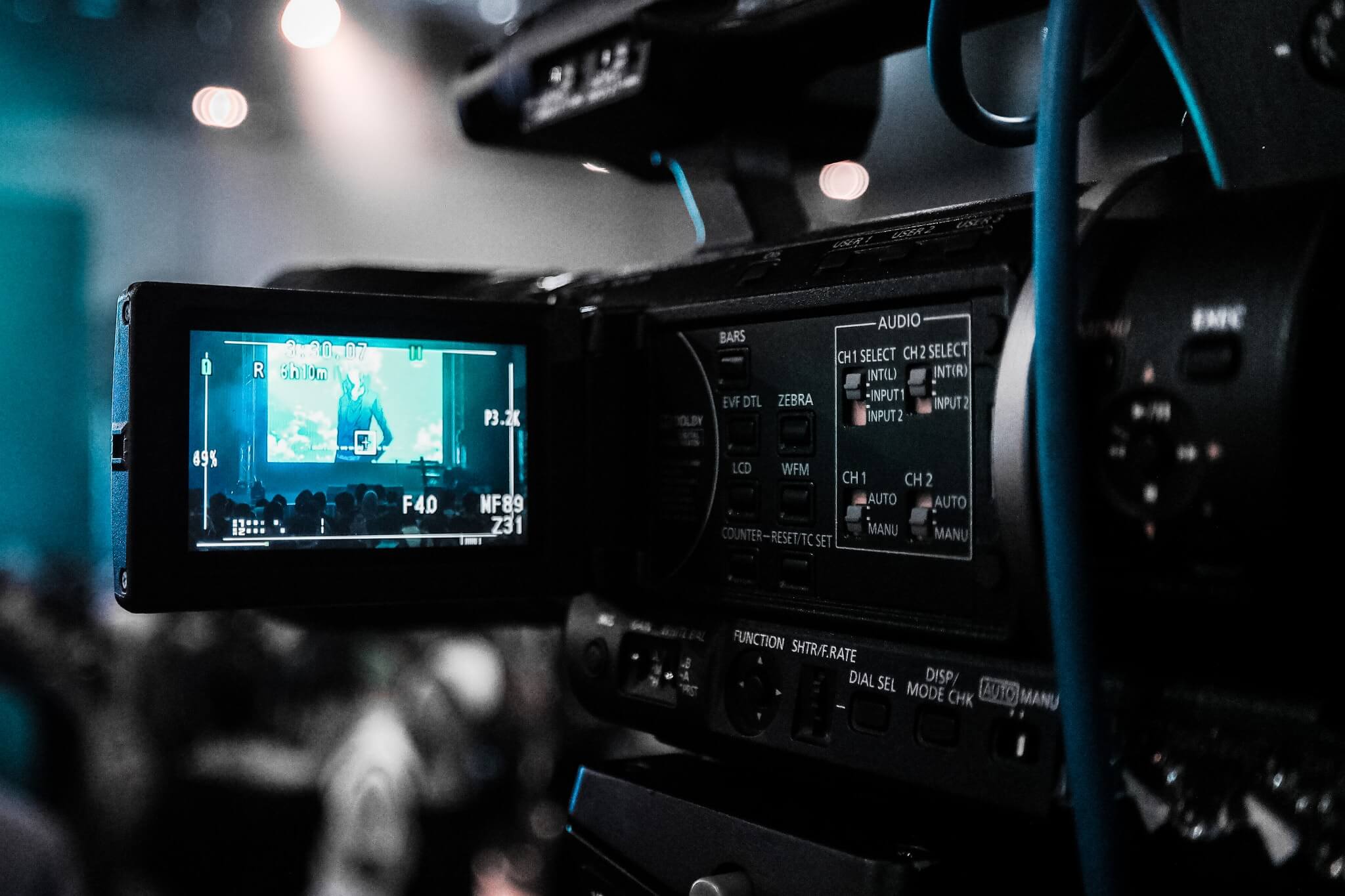
If you work in the PR industry, booking an interview for a client is only half the battle. What happens when you send that person into the interview without any media training? Often times, it can resemble an on-air or in-print implosion if they haven’t been adequately prepared for what to expect. Media training is a necessary asset in our trade, but one thing many don’t talk about is how media training can go terribly wrong.
Olympic swimmer Ryan Lochte recently lost four massive endorsement deals after his scandal in the Olympic Games Rio 2016. Many might look back unsurprised, but how many people would have been able to predict this before it happened…and during his pre-scandal press interviews, no less? Well, seasoned PR professionals could have smelled something fishy, and it wasn’t new doting-dad, Olympic fish Michael Phelps.
As I watched interview after interview with Ryan Lochte before the scandal took place, there was a sneaking suspicion I just couldn’t shake. His responses seemed entirely canned; they were so utterly repetitive that it became very clear to me that he was media trained in the same way that a parent forces memorization on a child with flash cards in the 4th grade. Broken record responses such as, “I felt like a big fish in a small pond,” and “I guess I just matured” swirled about when he was asked how he emerged from his scandalous party-boy reputation from Olympic eras past. I wasn’t buying it.
I get it; even the finest PR professionals in the world can only do so much when it comes to media training someone who’s not grasping it. However, here are just a couple quick tips that come to my mind when working with someone like Lochte.
I recently watched Florence Foster Jenkins. Working in PR, one scene particularly amused me. Spoiler Alert: a New York Post critic decimated affluent, yet terrible operatic singer Florence after her volunteer performance at the Carnegie Hall. Her (somewhat) dedicated husband bought every New York Post paper within a mile radius the following day to prevent her from reading it. That was 1944. This is 2016. We live in a highly digitalized world where negative media is transmitted like the common cold. So just remember, next time you have a date with the media, consult a good PR expert for some effective media training first.
© 2024 O’Keeffe. All Rights Reserved. | Sitemap